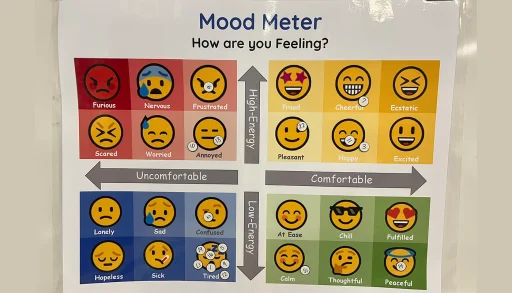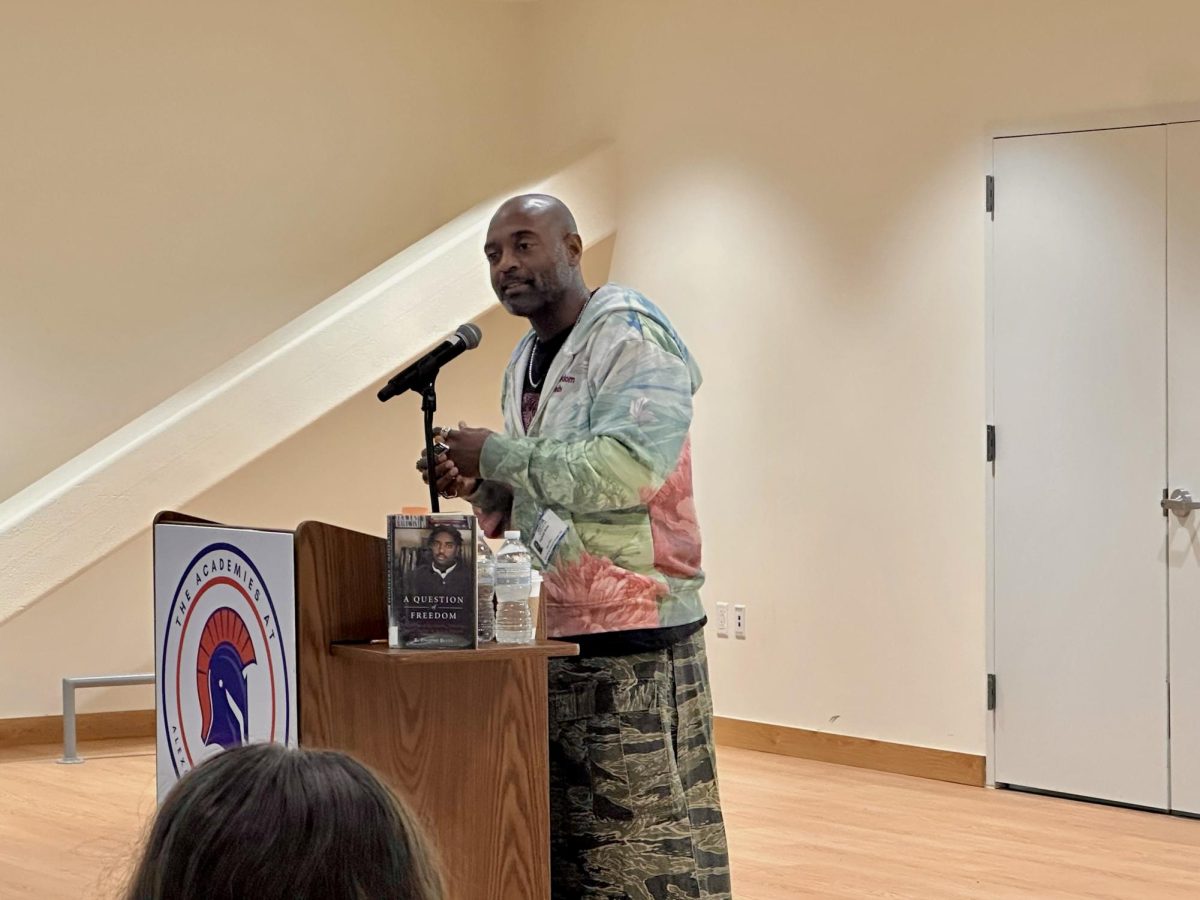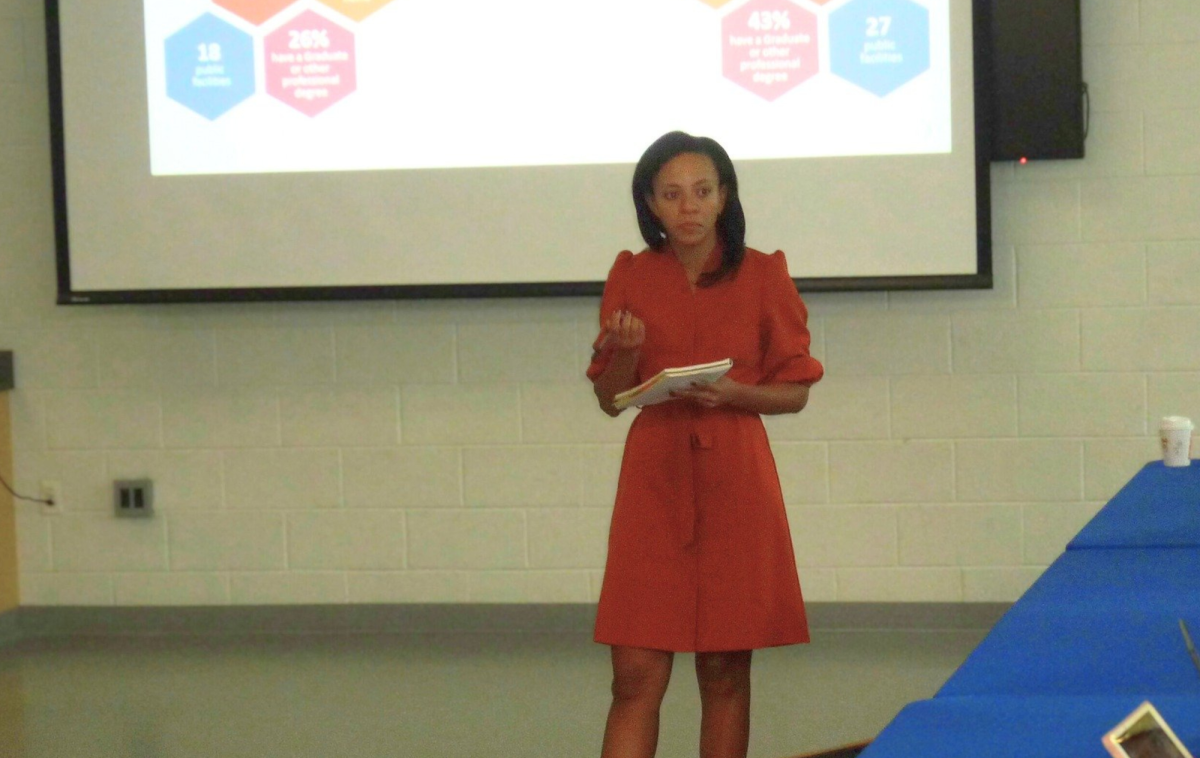If you attend Alexandria City High School—or any ACPS school for that matter—you most likely are familiar with SEAL lessons, which are presented during the advisory period for all students to observe. Short for Social, Emotional, and Academic Learning, these lessons aim to educate students about social and life skills in a fun, engaging manner. Topics can range from mindfulness to motivation and empathy with the overall goal of promoting being a happy, healthy, and productive human being. This sounds like the ideal way to teach these topics with a maximum amount of engagement, but the facts simply don’t agree.
SEAL lessons are widely unpopular among the students of ACHS. This dislike, however, is not just present among students but also among the teachers, with reports of teachers either skimming through the lessons or skipping them entirely. The only people who seem to believe, with good faith, that SEAL lessons are practical is the administration of the high school—but who even knows if they believe in them? Despite SEAL’s unpopularity, the administration still requires the lessons to be shown throughout the school during the advisory period on blue days.
But the question remains: why are SEAL lessons hated so much? Theogony created and distributed an online survey about SEAL’s content, relevance, and effectiveness to students. When asked their thoughts on SEAL lessons, one student answered, “They are not in touch with students and are often repetitive.” This often seems to be the case: it’s the perpetual problem of a point being repeated so much that it’s become exhausted and become completely devoid of meaning. Other students described them as “useless,” “ineffective time wasters” and even “stupid.” One even went so far as to say that those who support the SEAL initiative “bootlick the school board and a collective of out-of-touch parents.”
However, this is not to say that people completely hate the idea: people might hate the childlike messages or the way they’re being delivered, but they agree with the idea that students should know the content. But what do people want instead of these “repetitive” messages?
When asked about what subjects they want to see in SEAL lessons, one student responded, “I’d prefer for them to serve as a sort of announcement system, giving us more details about what’s going on in our school.” Another student says they would like to hear about “current events [and] safety plans.” Some students have less hope for SEAL lessons: “Abolish SEAL lessons” and “No one is paying attention, and it does not help,” two students said.
In Theogony’s survey, the data about SEAL Lessons was not encouraging. When asked how often they pay attention to the lessons, 50% of respondents said they never do so, with an additional 25% saying they ignore the lessons more often than not. These two groups make up an overwhelming majority of 75% of respondents who, frankly, seem not to care much about SEAL.
Furthermore, only 15.5% of students reported that the topics of SEAL lessons are relevant. This sheds light on why people don’t pay attention in the first place— if students don’t think SEAL content is worthwhile, they won’t pay attention. The survey’s next question asked how effective SEAL lessons are, and a resounding majority of people— around 75%– said they were not effective at all. Moreover, only 5.2% of students said that they were very effective. And, when questioned about how often their teachers went through and taught the lessons, 25% of respondents said that their teacher never or almost never showcased the SEAL lessons.
It’s safe to say that things are looking grim for SEAL lessons. Unfortunate as the current situation is, perhaps these results will act as a wake-up call for the School Board and the rest of ACPS. However, for now, it seems that the administration at ACHS remains staunch and set on continuing to distribute SEAL lessons to the masses at all costs.
Image is courtesy of Buffalo County Community Partners









